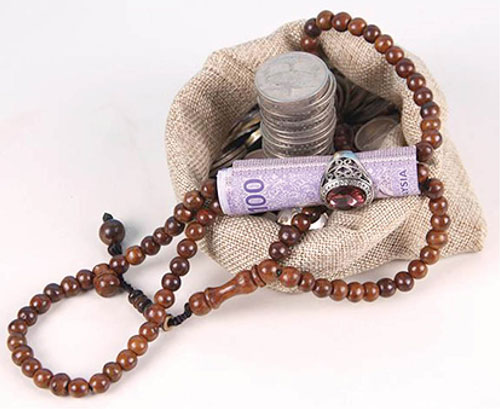The market for the global halal economy will likely witness impressive growth, reaching $4.96 trillion by 2030 from $2.30 trillion in 2020, says a new report.
The halal economy is experiencing an upward trend as the demand for halal products from both Muslim and non-Muslim nations increases, a recent analysis – Global Halal Economy Growth Opportunities by Frost & Sullivan reveals.
The main factors driving the halal industry are favourable population demographics, government policies, and private sector initiatives. Growing non-Muslim demand for halal foods will be driven by its association with safe and healthy eating, while halal fashion and tourism should also find increasing acceptance among more conservative non-Muslim consumers, the report said.
“With higher levels of halal trade and Islamic finance potentially accelerating infrastructure development, the halal economy is poised to become more integrated with global trade and supply chains,” said Neha Anna Thomas, Senior Economist at Frost & Sullivan.
“Further, governments are strengthening regulatory and policy support through national masterplans and certification scope expansion, which will boost the halal industry’s growth.”
Thomas added: “Transparency and traceability along the halal product value chain are crucial. Due to this, governments should encourage the adoption of advanced technologies such as blockchain and the Internet of Things (IoT) when developing halal economy masterplans, while businesses can partner with tech start-ups.”
To tap into growth opportunities of the halal market: Global governments must seek to unify halal standards and accreditation processes to help reduce the number of certification requirements and promote halal commerce.
Food manufacturers should collaborate with technology companies to improve traceability and transparency while increasing consumer trust. Global drug manufacturers and raw material suppliers should incorporate halal-certified products into their offerings, potentially through joint ventures, to tap into growing halal pharmaceutical demand from Islamic countries.
Global Halal Economy Growth Opportunities is the latest addition to Frost & Sullivan’s Economic Analytics research and analyses available through the Frost & Sullivan Leadership Council, which helps organizations identify a continuous flow of growth opportunities to succeed in an unpredictable future.— Zawya News










